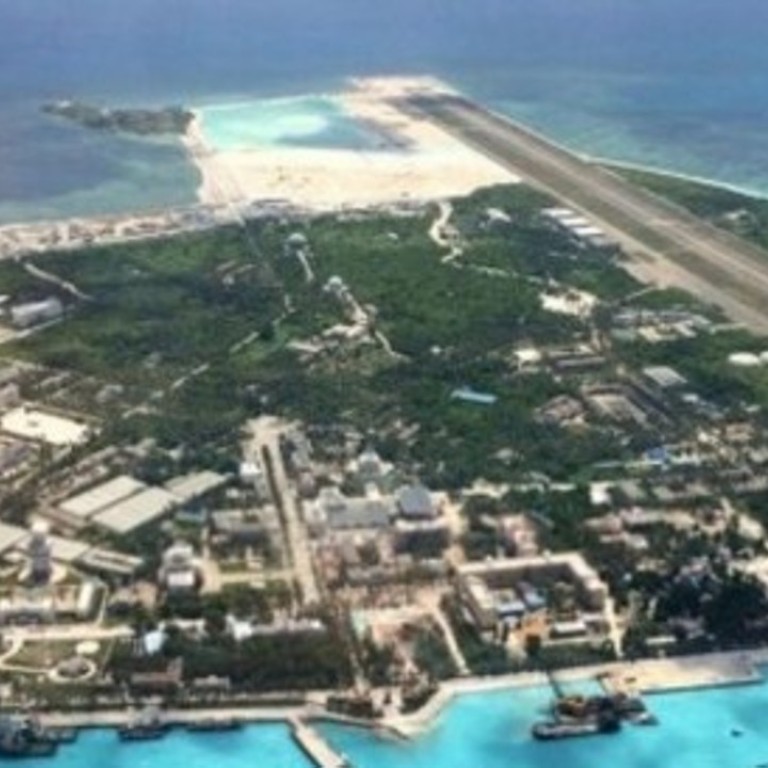
Deployment of missiles on a South China Sea island is about self-defence
Every country has the right to protect its people, territory and interests. The sense that the US is encircling through its Asian pivot, alliances and military presence is justification enough
A nation that feels threatened is bound to better protect itself. China’s deployment of missiles on a South China Sea island is not about provocation or intimidation, but self-defence. Every country has the right to protect its people, territory and interests. The sense that the US is encircling through its Asian pivot, alliances and military presence is justification enough. China has not confirmed the American and Taiwanese reports that two batteries of surface-to-air missiles have been put on Yongxing, also known as Woody Island, in the Paracels group. The suspected system, known as HQ-9, has a range of 200km and can be used to intercept aircraft and incoming missiles. Foreign Minister Wang Yi has said that Beijing has built “limited and necessary self-defence facilities on islands and reefs we have people stationed on”. The Defence Ministry has dismissed the accounts as “hype” and said that there is nothing unusual about military placements being put on islands that are Chinese sovereign territory.
Taiwan and Vietnam, which claim islands in the Paracels, see matters differently. So, too, does the US, mistrusting China’s claims of a peaceful rise. Its sailing of naval vessels close to Chinese territory and overflying the area with military aircraft to promote free passage of the seas is a provocation. Similarly, opening talks with South Korea on construction of an anti-missile shield to protect against threats from North Korea are also cause for concern as the system’s radar capabilities also reach far into China. The US has also made a point of moving closer to Beijing’s neighbours, particularly those involved in the South China Sea dispute. American President Barack Obama’s summit in the US last week with Asean nation leaders was part of that strategy.
Washington’s military posturing in the region cannot be taken lightly. Engagement in talks at all levels has to be stepped up to improve trust and understanding. Enhancing defences is not bucking against such needs or threatening, though. Rather, it is a necessity in times of uncertainty.

